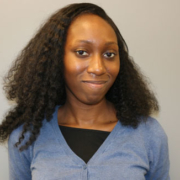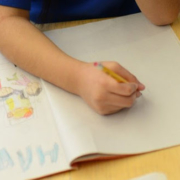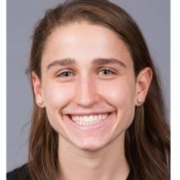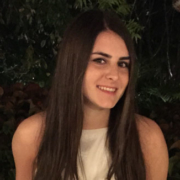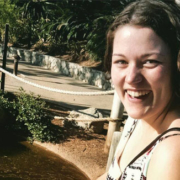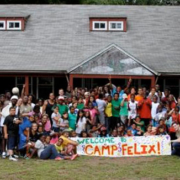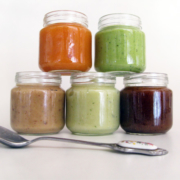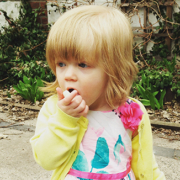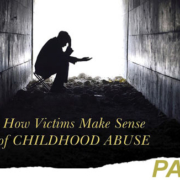Internships present a great opportunity for students and young adults to learn about working at a nonprofit. This summer, a group of interns from across New York City had the chance to see our work in action, collaborate with staff and make a difference in the lives of the people and communities we serve. Each week this summer, we will highlight one of our interns, sharing what makes them special, and recognizing their accomplishments and achievements.
Where do you go to school?
I have an associate degree in Business Administration and this fall I am transferring to City Tech as a Hospitality major.
What is your favorite subject in school to study?
My favorite subject is math—I’m good with numbers, it has always come easy to me.
Where do you see yourself in 5 years?
In five years I would love to own my own soul food restaurant. Ideally, I would like to open the restaurant somewhere where it’s hot, like Miami. I love hot weather. My back up plan is to manage a hotel.
Who is your role model and why?
My older cousin is my role model because she had a rough childhood and was still able to graduate not only high school, but go onto college as well. She is now a nurse and is always helping others and me. Just because you have a rough childhood doesn’t mean you can’t be someone.
What project did you work on while working at The Foundling?
One of the projects I valued the most was researching advertising space for National Adoption Month. Adoption is very important to me as my sister was adopted. I am happy I was able to help spread the word about adoption and make it a more popularized issue.
What will you take away from your experience at The Foundling?
I’ve learned to be detail oriented and that more information is always better.
What piece of advice would you tell future Foundling Interns?
While you’re at The Foundling you’re going to learn a lot, so just soak it up. Everyone at The Foundling is friendly, and they are happy to give you advice and help you out. Also, the 99¢ Pizza place near the West 4th subway stop is pretty good.
What is your spirit animal and why?
I’m cat because I’m quite and observant.
If you could take a trip anywhere, where would you go and why?
I would love to take a trip somewhere in Africa so I could help children in need. I would also like to see Dubai.
What is the last book you read?
The last book I read was “A Child Called It: One Child’s Courage to Survive” by Dave Pelzer but I also recently read “Oedipus” by Sophocles which was really interesting and different from anything I have ever read before.

